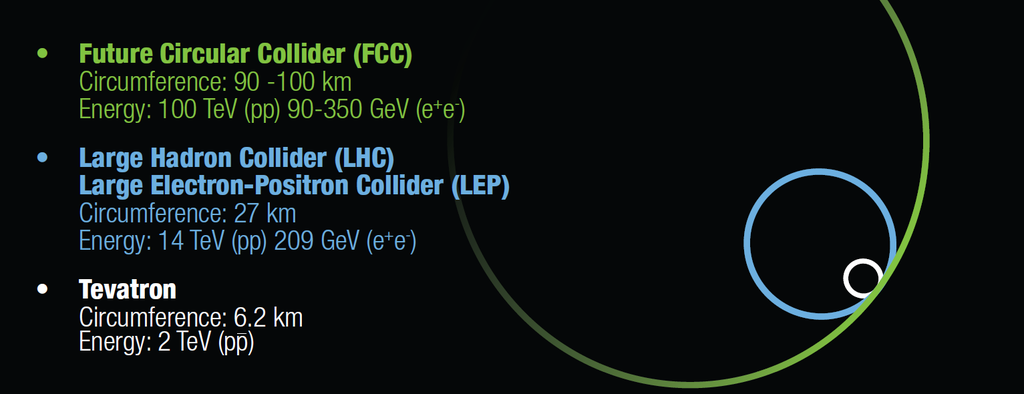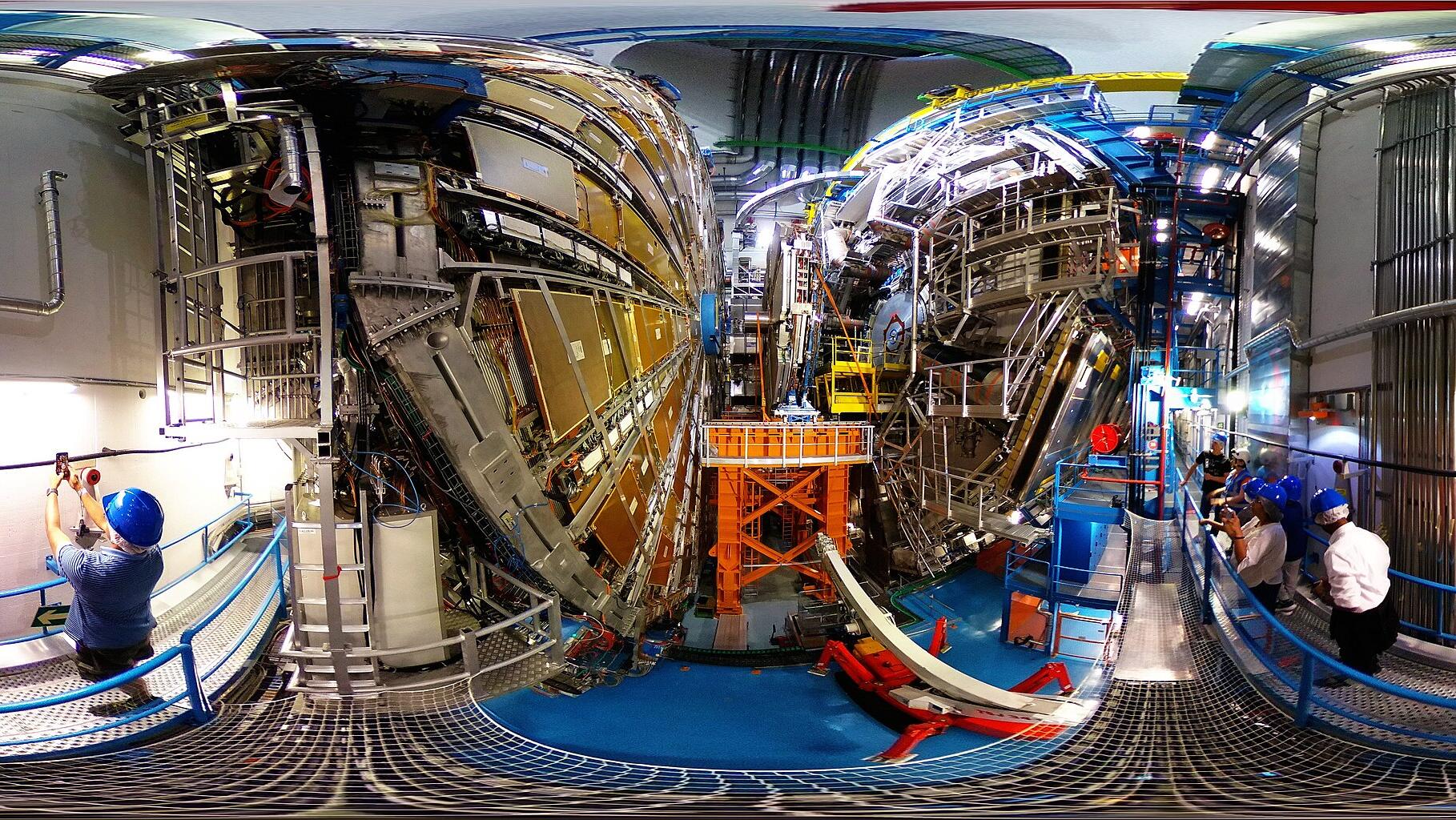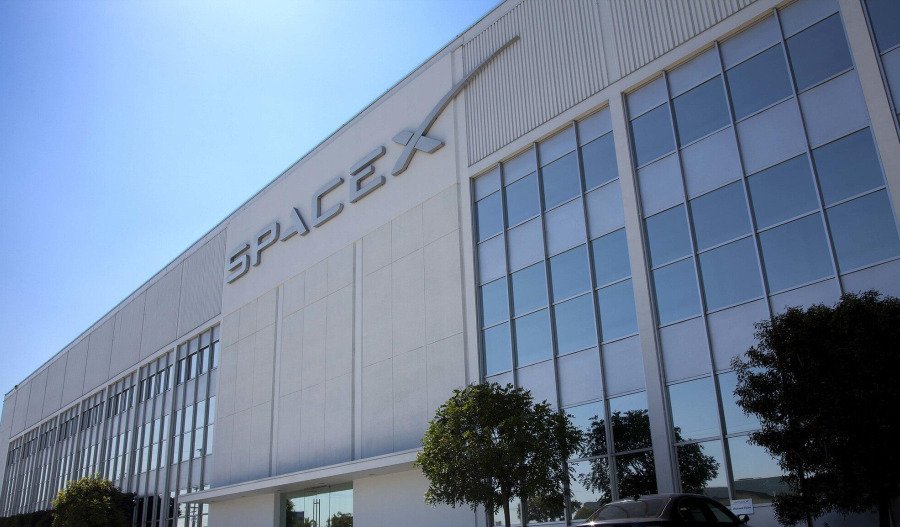The Future Circular Collider (FCC) is set to be the next quantum leap in particle physics, following the success of the Large Hadron Collider (LHC).
Planned by CERN, the FCC will be a massive 91-kilometre underground ring beneath the French-Swiss border, including Lake Geneva. This collider will smash particles together with eight times the energy of the LHC, aiming to uncover mysteries like dark matter and antimatter. The project will be divided into two phases: the first will focus on electron-positron collisions for precise measurements, and the second will involve proton-proton collisions at unprecedented energy levels. These experiments could lead to ground-breaking discoveries about the universe's fundamental forces.
The FCC's history is deeply tied to the LHC, which began operations in 2010 and famously discovered the Higgs boson in 2012. The LHC was first proposed in 1984, approved in 1994, and it took over 25 years to develop and install its magnets. Similarly, the FCC has been in the planning stage for over a decade, with feasibility studies completed in 2025. Construction is expected to begin in the 2030s, with the first phase operational by the mid-2040s and the second phase by the 2070s.

The FCC investment is substantial, with the first phase estimated to cost 15 billion Swiss francs (A$27.18 billion). This funding will cover the construction of the tunnel, infrastructure, and detectors over a 12-year period. While the cost has raised concerns, CERN plans to cover up to 80% of it through its annual budget. Germany, a major contributor to CERN, has expressed reservations about the expense, but CERN remains optimistic about securing the necessary funding.
Beyond its scientific goals, the FCC promises significant economic benefits. The construction and operation of the collider is expected to create thousands of jobs, both directly and indirectly. It will drive innovation in fields like cryogenics, superconducting magnets, and vacuum technologies, which have applications in medicine, energy, and industry. Additionally, the FCC will strengthen Europe's position as a leader in fundamental physics, attracting global talent and investment.
The FCC represents an exciting opportunity to witness science pushing knowledge boundaries. It’s a reminder of how curiosity and collaboration can lead to discoveries that change our understanding of the universe. As the FCC moves closer to reality, it’s not just a scientific endeavour but a testament to humanity’s quest to explore the unknown.



